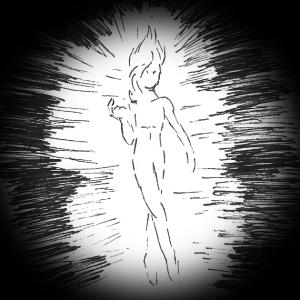The will o’ the wisp is a fairy creature that most often manifests as a glowing light in bogs or swamps.
A will o’ the wisp is thought to lead travelers off the safe paths in dangerous areas, looking like a lantern and disappearing when foolish travelers are lost and in danger. This is not always a deliberate attempt to harm a traveler, and is often viewed as a fey version of a joke. A will o’ the wisp may also lead a lost traveler back to safety, if the person is kind to it and, in some cases, offers payment.
It takes different forms in different parts of the world. In England, it is often thought to be the spirit of a traveler doomed to wander the Earth for all time in punishment for a misdeed. In some versions, he carries a lantern carved from a turnip, and is thus the source of the original jack o’ lantern stories. In other parts of the world, it is seen as an elf or a gnome of some sort. Although usually small, there are a few portrayals in which the creature is much larger than expected. In Germany, the creature’s head is what glows, and the legs are incredibly long, enabling it to run away if pursued. Unlike many other fey creatures, the will o’ the wisp seems to be intrigued by religion rather than repelled, and tales of them flocking to a priest invoking God’s name in an attempt to banish them or requesting baptism sometimes correspond to the belief that these are the spirits of those who died before they could be baptized.
The will o’ the wisp is usually attributed to marsh gas known as phosphorated hydrogen, which ignites on contact with air. It is released by decomposing plant and animal matter in the bogs, and would also explain the occasional sighting in graveyards.
The creature makes minor appearances in modern media, one of the most prominent being as the silent guides for Merida in Pixar’s Brave. A will o’ the wisp named Blubb makes an early appearance in the novel The Neverending Story, but did not make the film, probably because of difficulty portraying him.
